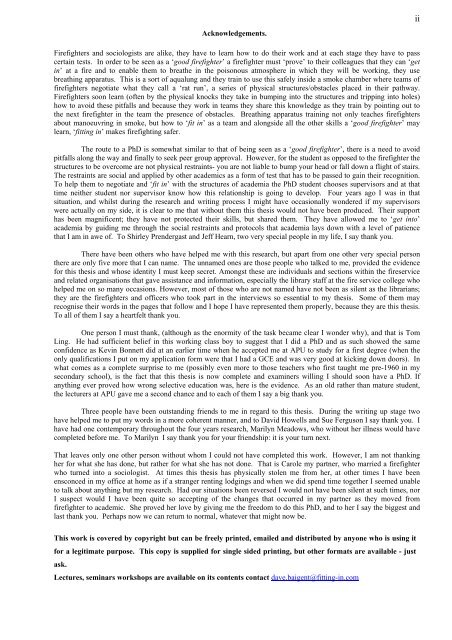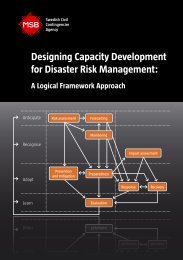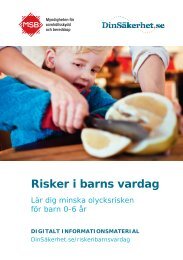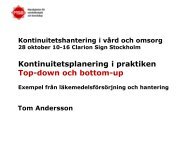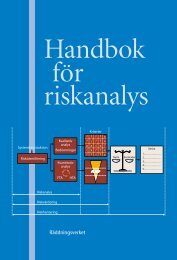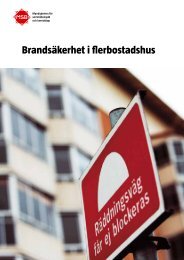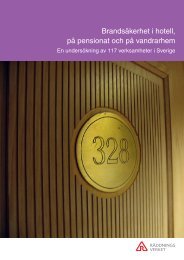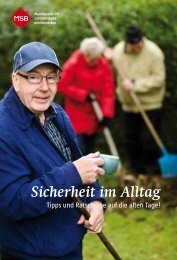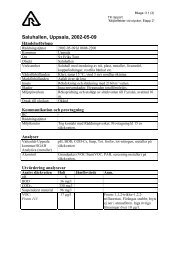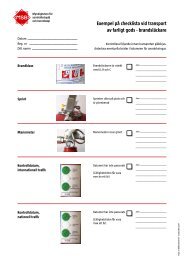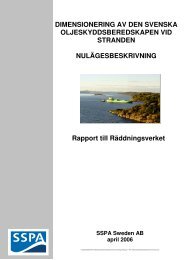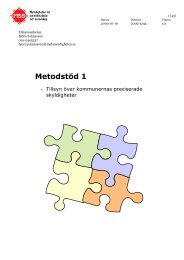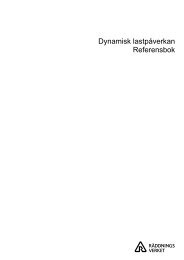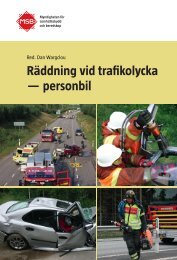One more last working class hero
One more last working class hero
One more last working class hero
You also want an ePaper? Increase the reach of your titles
YUMPU automatically turns print PDFs into web optimized ePapers that Google loves.
Acknowledgements.<br />
ii<br />
Firefighters and sociologists are alike, they have to learn how to do their work and at each stage they have to pass<br />
certain tests. In order to be seen as a ‘good firefighter’ a firefighter must ‘prove’ to their colleagues that they can ‘get<br />
in’ at a fire and to enable them to breathe in the poisonous atmosphere in which they will be <strong>working</strong>, they use<br />
breathing apparatus. This is a sort of aqualung and they train to use this safely inside a smoke chamber where teams of<br />
firefighters negotiate what they call a ‘rat run’, a series of physical structures/obstacles placed in their pathway.<br />
Firefighters soon learn (often by the physical knocks they take in bumping into the structures and tripping into holes)<br />
how to avoid these pitfalls and because they work in teams they share this knowledge as they train by pointing out to<br />
the next firefighter in the team the presence of obstacles. Breathing apparatus training not only teaches firefighters<br />
about manoeuvring in smoke, but how to ‘fit in’ as a team and alongside all the other skills a ‘good firefighter’ may<br />
learn, ‘fitting in’ makes firefighting safer.<br />
The route to a PhD is somewhat similar to that of being seen as a ‘good firefighter’, there is a need to avoid<br />
pitfalls along the way and finally to seek peer group approval. However, for the student as opposed to the firefighter the<br />
structures to be overcome are not physical restraints- you are not liable to bump your head or fall down a flight of stairs.<br />
The restraints are social and applied by other academics as a form of test that has to be passed to gain their recognition.<br />
To help them to negotiate and ‘fit in’ with the structures of academia the PhD student chooses supervisors and at that<br />
time neither student nor supervisor know how this relationship is going to develop. Four years ago I was in that<br />
situation, and whilst during the research and writing process I might have occasionally wondered if my supervisors<br />
were actually on my side, it is clear to me that without them this thesis would not have been produced. Their support<br />
has been magnificent; they have not protected their skills, but shared them. They have allowed me to ‘get into’<br />
academia by guiding me through the social restraints and protocols that academia lays down with a level of patience<br />
that I am in awe of. To Shirley Prendergast and Jeff Hearn, two very special people in my life, I say thank you.<br />
There have been others who have helped me with this research, but apart from one other very special person<br />
there are only five <strong>more</strong> that I can name. The unnamed ones are those people who talked to me, provided the evidence<br />
for this thesis and whose identity I must keep secret. Amongst these are individuals and sections within the fireservice<br />
and related organisations that gave assistance and information, especially the library staff at the fire service college who<br />
helped me on so many occasions. However, most of those who are not named have not been as silent as the librarians;<br />
they are the firefighters and officers who took part in the interviews so essential to my thesis. Some of them may<br />
recognise their words in the pages that follow and I hope I have represented them properly, because they are this thesis.<br />
To all of them I say a heartfelt thank you.<br />
<strong>One</strong> person I must thank, (although as the enormity of the task became clear I wonder why), and that is Tom<br />
Ling. He had sufficient belief in this <strong>working</strong> <strong>class</strong> boy to suggest that I did a PhD and as such showed the same<br />
confidence as Kevin Bonnett did at an earlier time when he accepted me at APU to study for a first degree (when the<br />
only qualifications I put on my application form were that I had a GCE and was very good at kicking down doors). In<br />
what comes as a complete surprise to me (possibly even <strong>more</strong> to those teachers who first taught me pre-1960 in my<br />
secondary school), is the fact that this thesis is now complete and examiners willing I should soon have a PhD. If<br />
anything ever proved how wrong selective education was, here is the evidence. As an old rather than mature student,<br />
the lecturers at APU gave me a second chance and to each of them I say a big thank you.<br />
Three people have been outstanding friends to me in regard to this thesis. During the writing up stage two<br />
have helped me to put my words in a <strong>more</strong> coherent manner, and to David Howells and Sue Ferguson I say thank you. I<br />
have had one contemporary throughout the four years research, Marilyn Meadows, who without her illness would have<br />
completed before me. To Marilyn I say thank you for your friendship: it is your turn next.<br />
That leaves only one other person without whom I could not have completed this work. However, I am not thanking<br />
her for what she has done, but rather for what she has not done. That is Carole my partner, who married a firefighter<br />
who turned into a sociologist. At times this thesis has physically stolen me from her, at other times I have been<br />
ensconced in my office at home as if a stranger renting lodgings and when we did spend time together I seemed unable<br />
to talk about anything but my research. Had our situations been reversed I would not have been silent at such times, nor<br />
I suspect would I have been quite so accepting of the changes that occurred in my partner as they moved from<br />
firefighter to academic. She proved her love by giving me the freedom to do this PhD, and to her I say the biggest and<br />
<strong>last</strong> thank you. Perhaps now we can return to normal, whatever that might now be.<br />
This work is covered by copyright but can be freely printed, emailed and distributed by anyone who is using it<br />
for a legitimate purpose. This copy is supplied for single sided printing, but other formats are available - just<br />
ask.<br />
Lectures, seminars workshops are available on its contents contact dave.baigent@fitting-in.com


